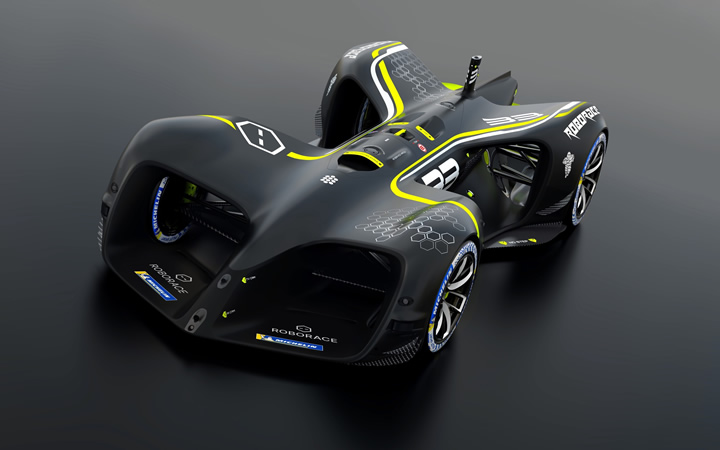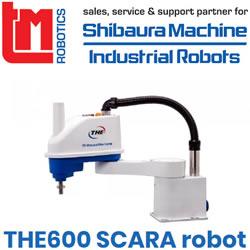Carnegie Mellon University To Join Roborace Autonomous Racing Championship

A student team from Carnegie Mellon University (CMU) is joining the upcoming season of Roborace, an international competition involving autonomous, electrically powered vehicles.
CMU's Roborace team includes students and alumni from multiple departments of its School of Computer Science. It will be the first U.S. team to join Roborace and anticipates competing in a Roborace event later this year.
"Having the opportunity to work on cutting-edge projects such as this is what attracted me to Carnegie Mellon," says Jimmy Herman, an ex-NFL athlete now enrolled in CMU's Master's degree program in Computational Data Science (MCDS).
"We are pushing to innovate and create technology with impact potential beyond the racing domain," adds Herman. "Roborace's autonomous racing series provides an excellent platform to push the limits of autonomous driving systems, and it allows the public to see advancements in artificial intelligence in a more engaging way than driving statistics."
Carnegie Mellon has been a leader in autonomous driving research for four decades and claims such notable achievements as its 2007 victory in the $2 million Defense Advanced Research Projects Agency's Urban Challenge, an autonomous street race. CMU researchers continue to work with a variety of automakers and autonomous vehicle firms. The Roborace team includes master's students from the MCDS program, as well as master's students in CMU's Robotics Institute and Information Networking Institute.
Roborace supplies a platform for the competition, including venues, vehicles, compute platforms, and sensor stacks, while teams bring their AI algorithms to compete head-to-head on a level playing field. The CMU team will join five other organizations competing in the 2020-2021 series, which brings leading artificial intelligence researchers from around the world to compete in the field of autonomous driving.
"The CMU team's goals align perfectly with Roborace's which is to accelerate the development of autonomous technology through competition," said Chip Pankow, the Chief Championship Officer at Roborace. "The technology in our cars and competition structure has been created to expose teams to a variety of edge-case scenarios that are relevant to real-world problems facing the industry today."
"Professional master's students in CMU's School of Computer Science bring to the team a diverse set of backgrounds in artificial intelligence, ranging from computer vision to natural language processing to robotics and reinforcement learning," says Anirudh Koul, a MCDS alumnus and the team's coach.
"Having access to the hardware from Roborace, which can run at 200 miles per hour, is just adding fuel to their drive," Koul says.
Season Beta is the second development season for Roborace, with its forthcoming 2020-2021 schedule expected to consist of twelve championship rounds.
In the 2019 development season, Season Alpha, Roborace hosted six events throughout the UK and Europe, providing a variety of challenges in the areas of performance, object avoidance, localization and precision. Teams delivered close competition that included a season opening world's first: a completely autonomous racing pass as competition vehicles overtook each other at Season Alpha Round 1 at the Circuito Monteblanco racetrack in Spain.
Also in 2019, Roborace set a Guinness World Record for fastest autonomous car, and set the autonomous record for its hillclimb performance at the Goodwood Festival of Speed.
Roborace is the world's first racing series for autonomous driving systems. It was created to accelerate the development of autonomous software by pushing the technology to its limits in a range of controlled environments, and to educate and inform the world about autonomous driving. In 2019, the series held six events that drove over 36 million multi-channel video views.
To learn more about CMU and meet some of the team members, please visit Roborace's Instagram Live on June 25, 2020 at 12:00PM (Pacific Daylight Time).
Featured Product

